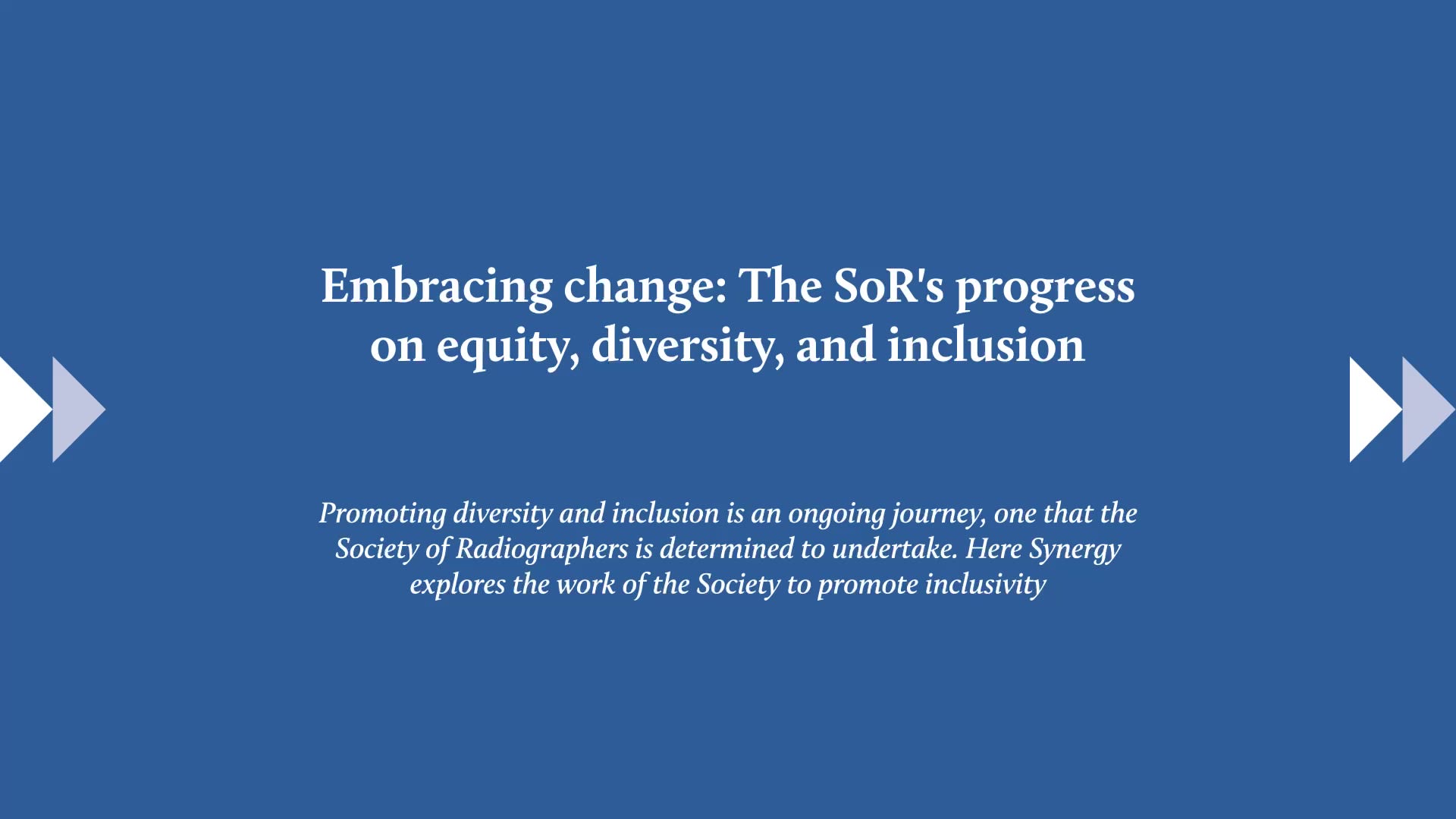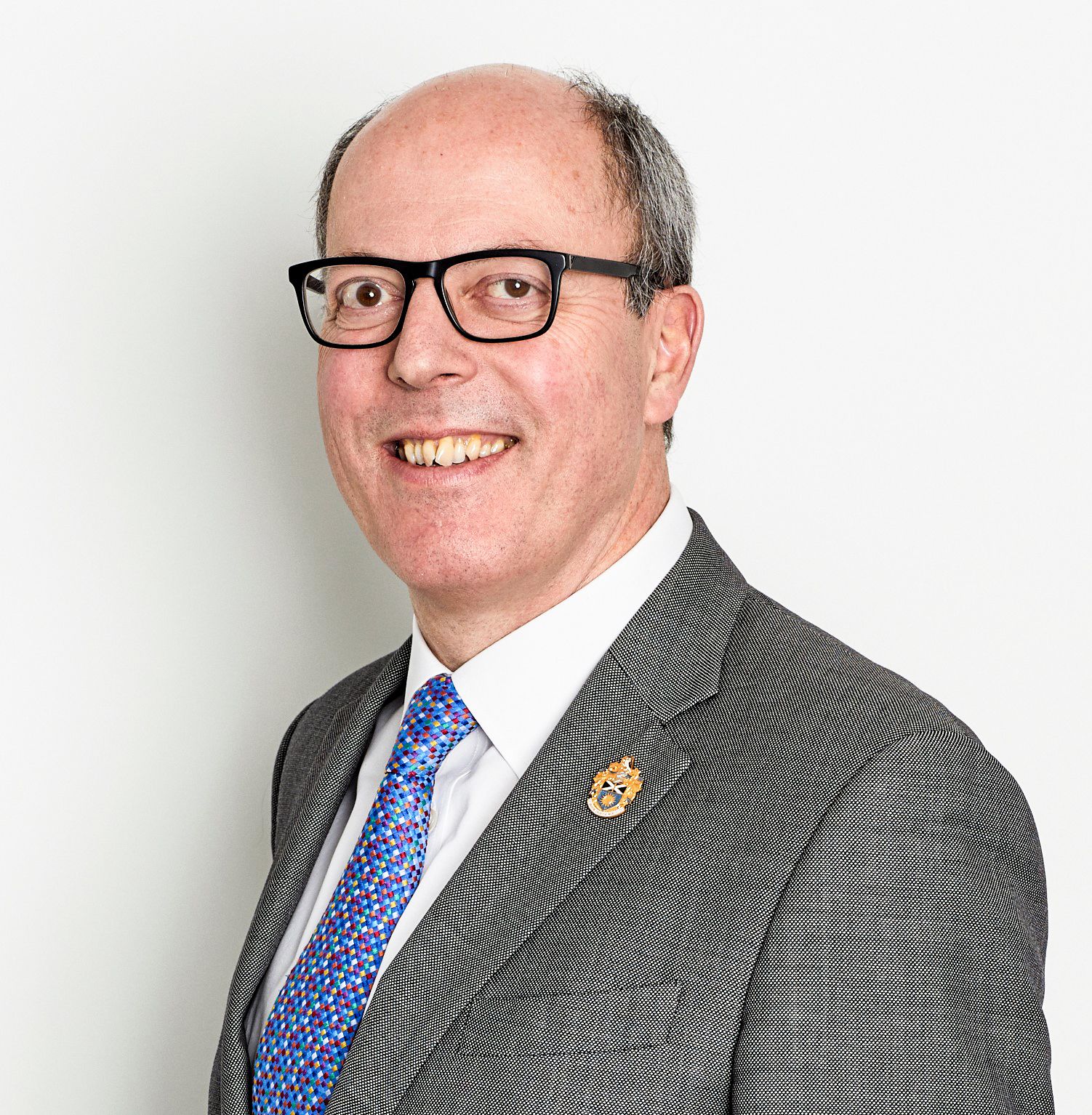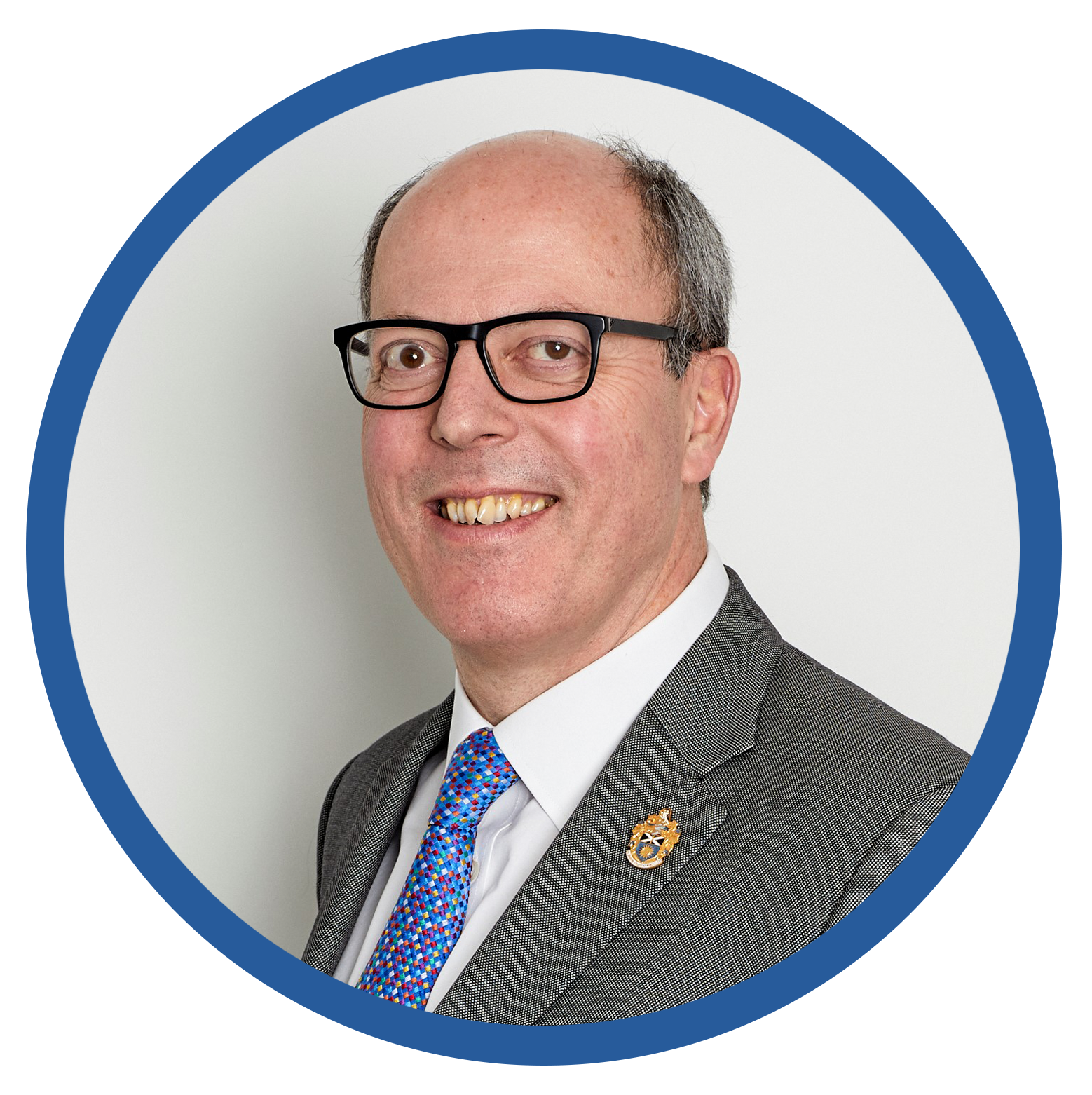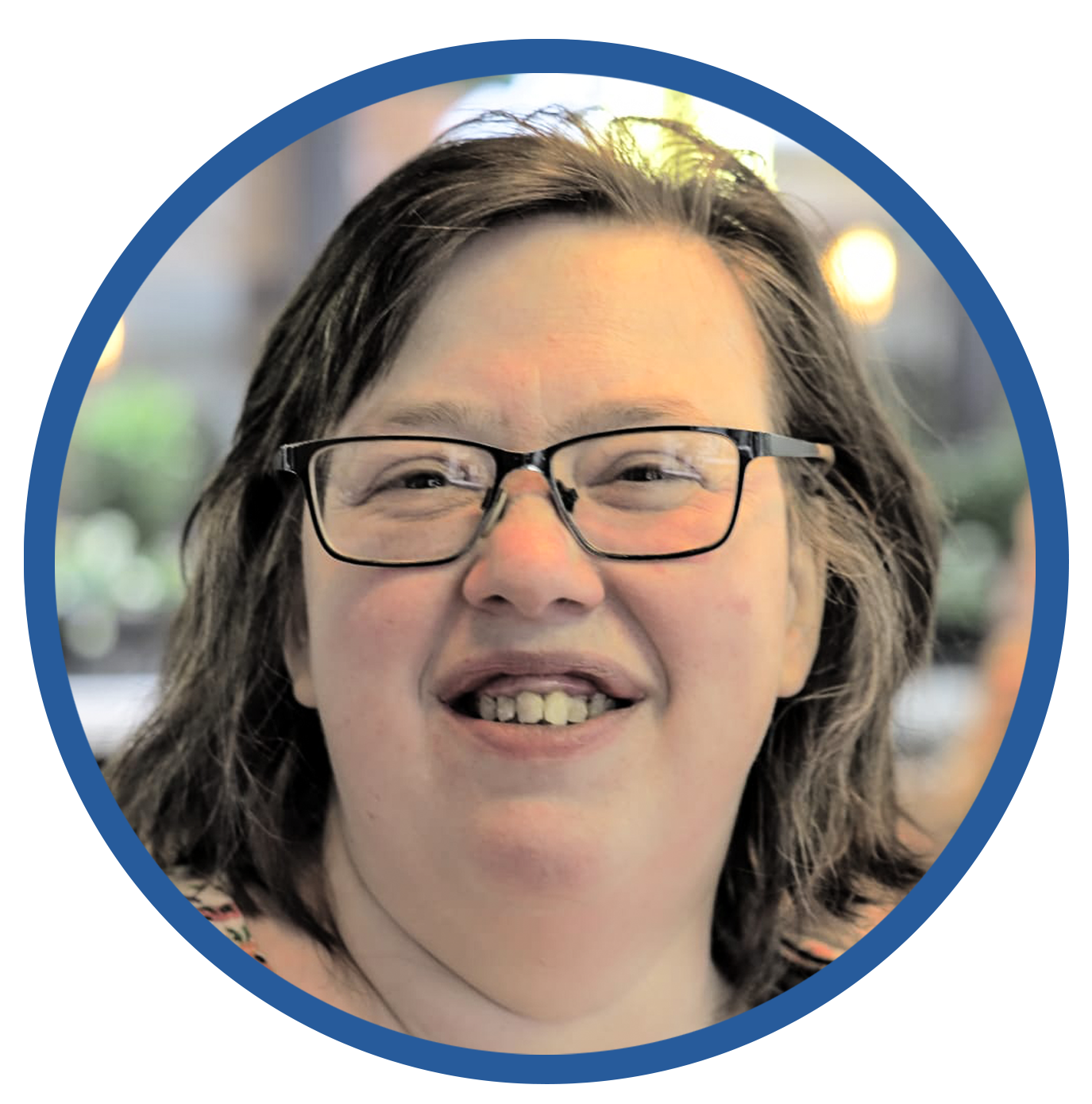
How important is diversity and inclusion in radiography?
In healthcare, meeting the needs of patients is a professional duty. This means understanding the needs of your patients is key, whatever their background.
For the Society of Radiographers, diversity, equity, inclusion and belonging (DEIB) form a core part of its central aim to support members, helping radiographers provide the best care possible.
It is with these aims in mind that the Society of Radiographers has established a Joint Equalities Committee, formed as part of an ongoing drive to promote equality both inside the Society and in radiography more widely.
On the importance of DEIB in radiography, SoR CEO Richard Evans told Synergy: “It’s a big issue for society to be more equal, but for healthcare professionals being able to respond to every patient for their examination or their treatment, and meet their needs completely is a professional duty.
“So the more that an organisation like ours can set and follow best practice in this area, the better our members are going to be equipped to do their professional duty, the better people will be treated, therefore there will be better health outcomes in the long term.”

Richard Evans
Richard Evans
How important is diversity and inclusion in radiography?
In healthcare, meeting the needs of patients is a professional duty. This means understanding the needs of your patients is key, whatever their background.
For the Society of Radiographers, diversity, equity, inclusion and belonging (DEIB) form a core part of its central aim to support members, helping radiographers provide the best care possible.
It is with these aims in mind that the Society of Radiographers has established a Joint Equalities Committee, formed as part of an ongoing drive to promote equality both inside the Society and in radiography more widely.

Richard Evans
Richard Evans
On the importance of DEIB in radiography, SoR CEO Richard Evans told Synergy: “It’s a big issue for society to be more equal, but for healthcare professionals being able to respond to every patient for their examination or their treatment, and meet their needs completely is a professional duty.
“So the more that an organisation like ours can set and follow best practice in this area, the better our members are going to be equipped to do their professional duty, the better people will be treated, therefore there will be better health outcomes in the long term.
“Working out how we make sure that we offer our services as professionals across the scope of equalities, this seems to me to be crucially important.”
Shelley Whittington, the SoR’s employee relations and human resources business partner, recaps the progress already made by the organisation
Since the summer of 2022, SoR has made remarkable progress toward building a more equitable, diverse, and inclusive community. Through the commitment to growth and positive change, we are excited to share our recent developments.
Educational initiatives and leadership development: Our journey began with the introduction of a comprehensive suite of educational workshops designed to address various facets of equity, diversity, and inclusion. Key offerings have included 'Allyship in Action,' which empowers individuals to support each other's unique paths and 'Becoming an Inclusive and Compassionate Leader' aimed at nurturing leaders who embody empathy and inclusivity in their approach. Additionally, sessions on 'Conscious Inclusion' and 'Unconscious Bias' have provided crucial insights into the subtle dynamics that influence workplace interactions and decision-making processes.
Empowerment through representation and support: We have introduced pivotal roles such as EDI champions, mental health first aiders and menopause champions, driving forward our EDI agenda and prioritising wellbeing. Our efforts to celebrate diversity further includes the ‘Celebration of Cultures,' to bring our community together to appreciate the rich tapestry of backgrounds that define us.
Focused initiatives on inclusivity: Our commitment to inclusivity has seen the launch of specific programs such as 'Trans and LGBTQ+ Awareness,' 'Menopause Champions,' 'Dyslexia Awareness Training' and ‘Neurodiversity in the workplace training.’ These initiatives ensure that all employees feel seen, heard and supported irrespective of their gender, sexual orientation, or neurodiversity. Additionally, revamping our member networks under the Equalise banner has fostered a more supportive environment where every voice can be heard.
Improvements in recruitment and internal processes: In our quest to embody the principles we advocate we have diversified our recruitment strategies and improved internal processes to eliminate bias and promote fairness. As a Disability Confident employer, we are dedicated to accommodating and supporting all employees and prospective employees, including those with disabilities. Moreover, 'Listening Circles' and 'Action Learning Sets' have been pivotal in facilitating open dialogues, where employees can share experiences and insights, further influencing our culture positively. Targeted support, interventions and adjustments have been transformational to enabling everyone to thrive in the workplace.
Accountability and leadership engagement: Our senior leadership team has been actively involved in championing these changes, showing commitment through personal accountability, and serving as change agents. This leadership engagement is crucial as we strive to support our teams and build an inclusive culture that welcomes and nurtures all.
Fostering open dialogue and courageous conversations: We have encouraged challenging and courageous conversations, providing support and tools necessary for employees to engage constructively. These discussions are crucial for challenging the status quo and achieving meaningful change.
Expanding representation and perspectives: We've expanded our Joint Equalities Committee to include a broader range of member representatives, ensuring diversity in thinking and perspectives, and broadened representation in our governance at UK Council and College Board of Trustees. This strategic enhancement enriches our decision-making processes and overall strategies.
Embedding diversity, equity, inclusion and belonging: We are appointing a positive and knowledgeable EDI lead with the experience, skills, capacity, and enthusiasm to influence and continue this journey to lead on all aspects of diversity, equity, inclusion and belonging across the SoR on a permanent basis. EDI is everyone’s responsibility at the SOR and this role will provide the leadership to enable each of us to continue this critical work in supporting our members in their workplaces to affect positive and lasting change throughout the radiography profession.
As we continue, our dedication to these initiatives drives us toward a brighter, more equitable future. We remain committed to evolving our practices to meet the needs and aspirations of our diverse community. We would like to thank our professional and committed team here at the SoR and all our members, for their continued support and participation in these transformative efforts.
What is the Joint Equalities Committee?
The Joint Equalities Committee (JEC) initially started life as a small internal working group, established after the Society undertook an DEIB audit, facilitated by the independent Challenge Consulting firm.
On publication, the audit report provided several recommendations to make the SoR a more inclusive organisation.
Among these recommendations, the report suggested that the SoR establish a working group to begin implementing changes to promote inclusivity.
To help deliver the recommendations, the Society sought the help of Rubi Gubara-Sannie, the founder and managing director of inclusivity consultancy Turning Tables, who came on board to support the initial working group and the design and delivery of the change programme.
As the working group progressed, it soon became clear that the Society would benefit from a larger committee, supported by a series of smaller working groups - and the Joint Equalities Committee was born.
The JEC itself is made up of 13 people, from both inside and outside the Society and from a mix of radiography and non-health-related backgrounds.
Members include the Society’s CEO Richard, members from UK Council and the College of Radiographers Board of Trustees, a diverse group of SoR employees including trade union staff representatives, as well as representatives from the Society’s membership and Rubi as external consultant.
The aims
Still in its early stages, the JEC has established its aims and objectives:
The JEC also aims to be instrumental in communication progress to the rest of the organisation, and ensuring both staff and members are kept up to date with the ongoing efforts.
Richard said: “This has got to be a long-term priority for our organisations. We’re not just paying lip service to equality.”
“Transitioning from the working group to the Joint Equalities Committee, which happened at the end of last year, was the logical next step. I think it’s very exciting that we can do that. It gives us the opportunity to involve members much more in the governance of the organisation.”
The committee
Made up of volunteers from both inside and outside the organisation, the JEC benefits from input from a variety of perspectives.
To help communicate the work of the JEC, the committee also includes five ‘EDI champions,’ whose role is to act as contact points between the committee and the wider organisation.
Synergy spoke with some of the volunteer champions to find out why the role is important to them:

Blu Evans - SoR digital communication executive - EDI Champion
So the role itself for me, personally is just an opportunity to provide support that I never had in previous roles and provide support that I never personally was able to access.
Additionally, I wanted to add some diversity to the panel as well, so if there's anybody that's from the same background, they know there's someone here that they can speak to that may be able to relate.
As an EDI Champion, you're not only there to provide support, but also there to help signpost people to external support.
So you're not really there to fix the issues - you’re there as a shoulder that they can lean on, someone that can be a listening ear and if there was an opportunity for you to do so you could then help them, maybe offer some resources, help them on the journey towards the solution.

Yvonne Stewart - SoR national officer for Scotland - EDI Champion
There are structural inequalities baked into our culture that maybe value men over women or white over black, age over youth.
That has formed a huge part of my work and my working life. And so my view is we impoverish culture if we exclude different experiences or voices.
I genuinely believe that failure to embrace diversity fails us all. It’s like that analogy: you’re trying to sing a song but without all the notes.
Personally, I suffer from chronic conditions that would mean that I qualify to be considered as disabled and I have disabled members of my family so I know the experience of structural inequality is so important for all sorts of reasons.

Alison Smith - SoR professional and education administrator - EDI Champion
I put myself forward because I wanted to be able to support people with things like neurodiversity and on the mental health side of things.
I think it's important to recognise that we're all diverse, we all have some elements of diversity and it's important to embrace that diversity within each of us.
We're a membership body as well so it's important to everybody to access all we can offer.
The next steps
For the JEC, the next steps are to fully embed the progress the organisation has made and further develop the strategy and actions for the future.
The EDI Champions will soon complete their training in several areas, including EDI policy, the legal framework, mental health first aid, menopause advocacy, coaching skills and inclusive recruitment skills. They will then be working to spread news from the JEC, share best practice and resources to help people and act as a contact point for members and staff.
A launch event for the EDI Champions is also in the works, with details due to be announced soon.
On the ongoing work around DEIB in the Society, CEO Richard added: “I think it’s really important to celebrate the things we do well, but I wouldn’t want to take the foot off the accelerator.
“It makes us braver to do the right thing as quickly as we can.”
What is the role of an EDI consultant?
Rubi Gubara-Sannie
As an EDI consultant for the SoR, my fundamental role is to provide strategic guidance and support as the organisation progresses towards enhanced equity, diversity, and inclusion. This involves presenting constructive challenges, facilitating workshops, and assisting staff in tackling and resolving EDI-related issues. My efforts are pivotal in ensuring that SoR adheres to its values and successfully implements its DEIB strategies. We have already achieved significant progress, focusing initially on internal improvements, and now extending efforts to support members externally as well. I am extremely proud of the advancements we have made so far.
I have lots of experience working with many organisations, I believe that the Society of Radiographers is an organisation genuinely committed to making a difference. It demonstrates a clear openness to challenges and a readiness to collaborate effectively to ensure that we are building truly inclusive cultures. This willingness to adapt and embrace diverse perspectives is a cornerstone of our ongoing success and growth in the realm of equity, diversity, and inclusion.
While substantial progress has been made, there is still some way to go. It's important to recognise that working on equity, diversity, inclusion, and belonging is an ongoing journey without a finite destination. Continuous improvement and adaptability are key to genuinely integrating these values into every facet of SoR. This enduring commitment is essential for fostering an environment where everyone feels valued and included.
More about the Joint Equalities Committee
Members of the JEC are:
- Richard Evans - CEO of the Society of Radiographers
- Dave Pilborough - SoR president
- Ross McGhee - UK Council
- Rubi Gubara-Sannie – External consultant
- Georgina Hylton - PA to the CEO
- Dr Amy Robertson - SoR professional officer for education and accreditation
- Shelley Whittington - SoR employee relations and human resources business partner
- Sangita Patel - Staff representative
- Corinne Thomas - P&E administrator
- Eugene Statnikov – Knowledge manager
- Nichola Jamison - SoR student and new professionals officers
- Rosa Payne - Finance assistance
- Marcus Jackson – Chair of CoR Board of Trustees
- Leandre Archer – SoR head of industrial relations
- Blu Evans – SoR digital communication executive/EDI Champion
- Claire Brown - Conference and events manager/ EDI Champion
- Rosemary Ting - Member representative
- Ben Potts - Member representative
- Priscilla Shote - Member representative
- Atique Hussain - Member representative and SoR UK Council member
SoR EDI Champions
- Alison Smith – Professional and education administrator/ EDI Champion
- Felix Haigh – SoR learning technologist/ EDI Champion
- Yvonne Stewart – SoR Scotland national officer/ EDI Champion
- Claire Brown - Conference and events manager/ EDI Champion
- Blu Evans – SoR digital communication executive/EDI Champion
Read more


